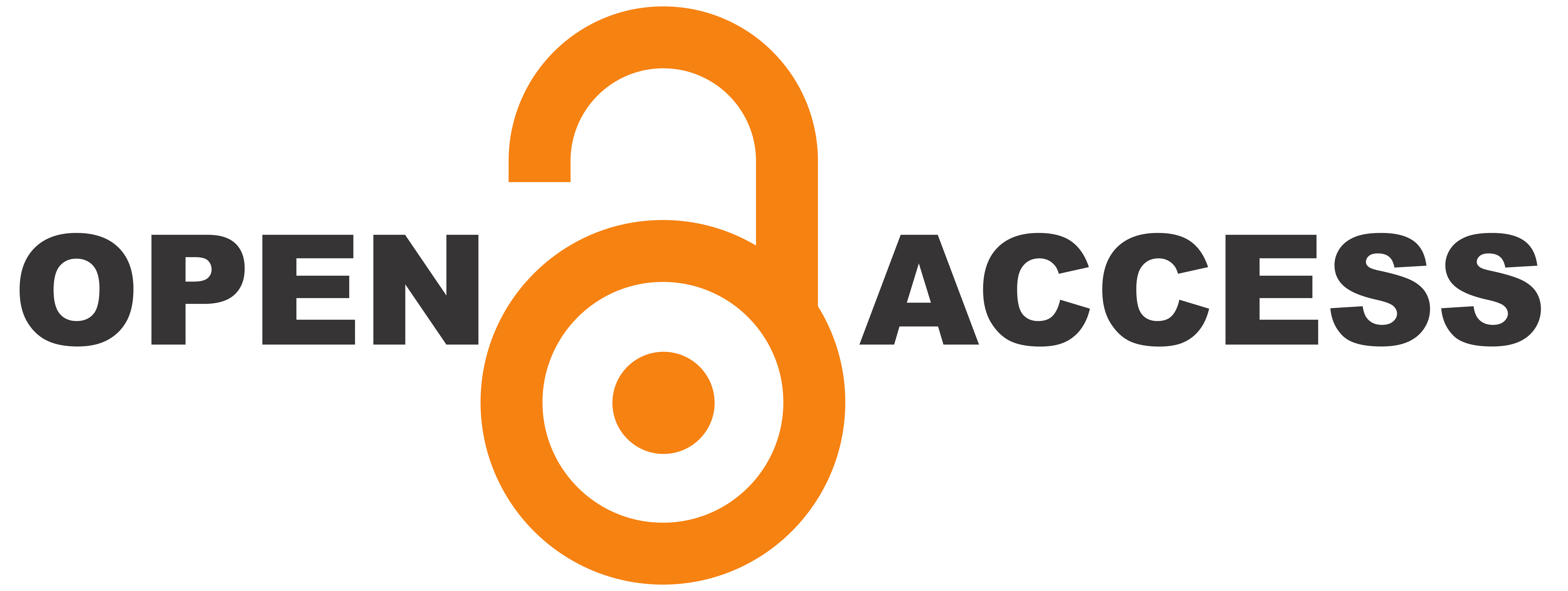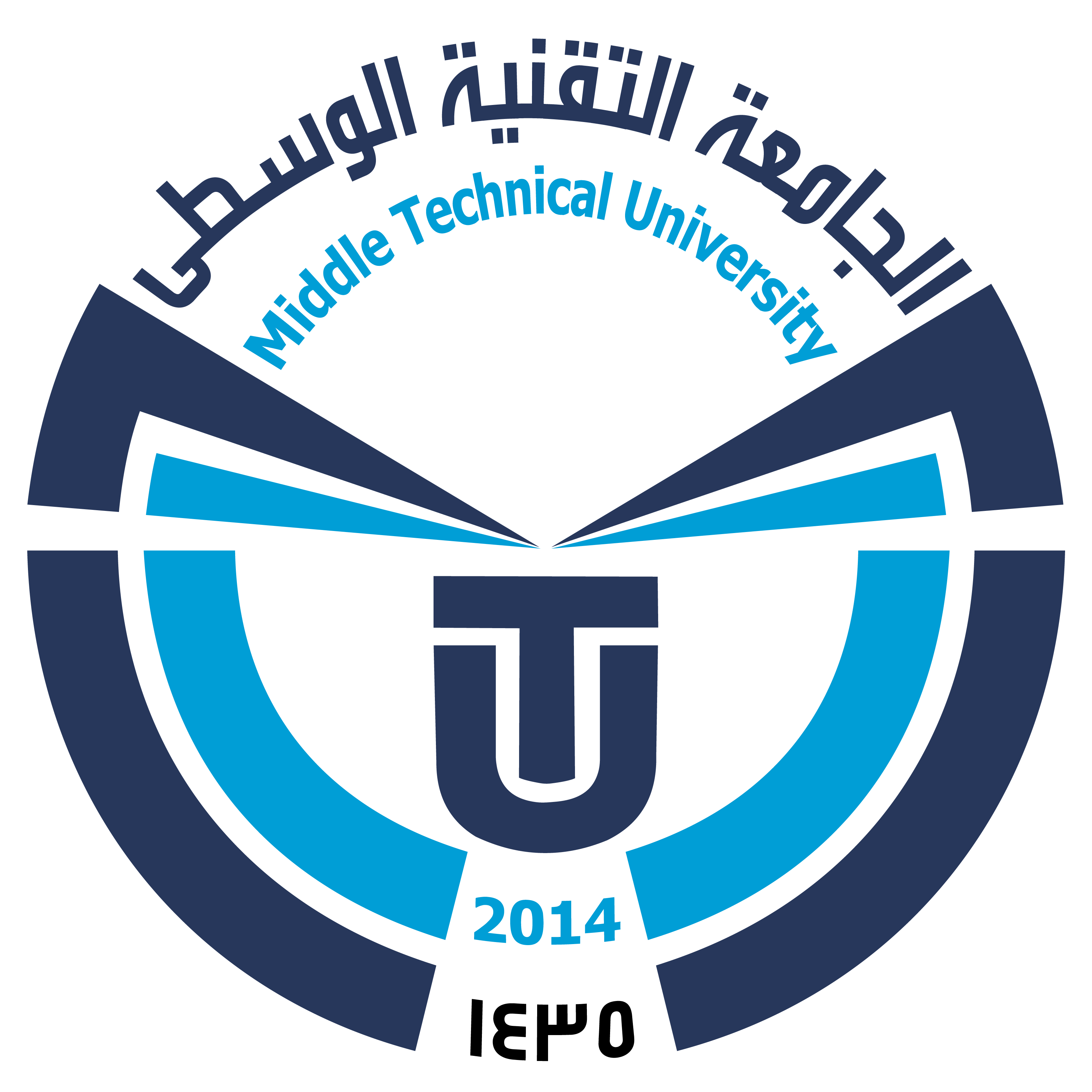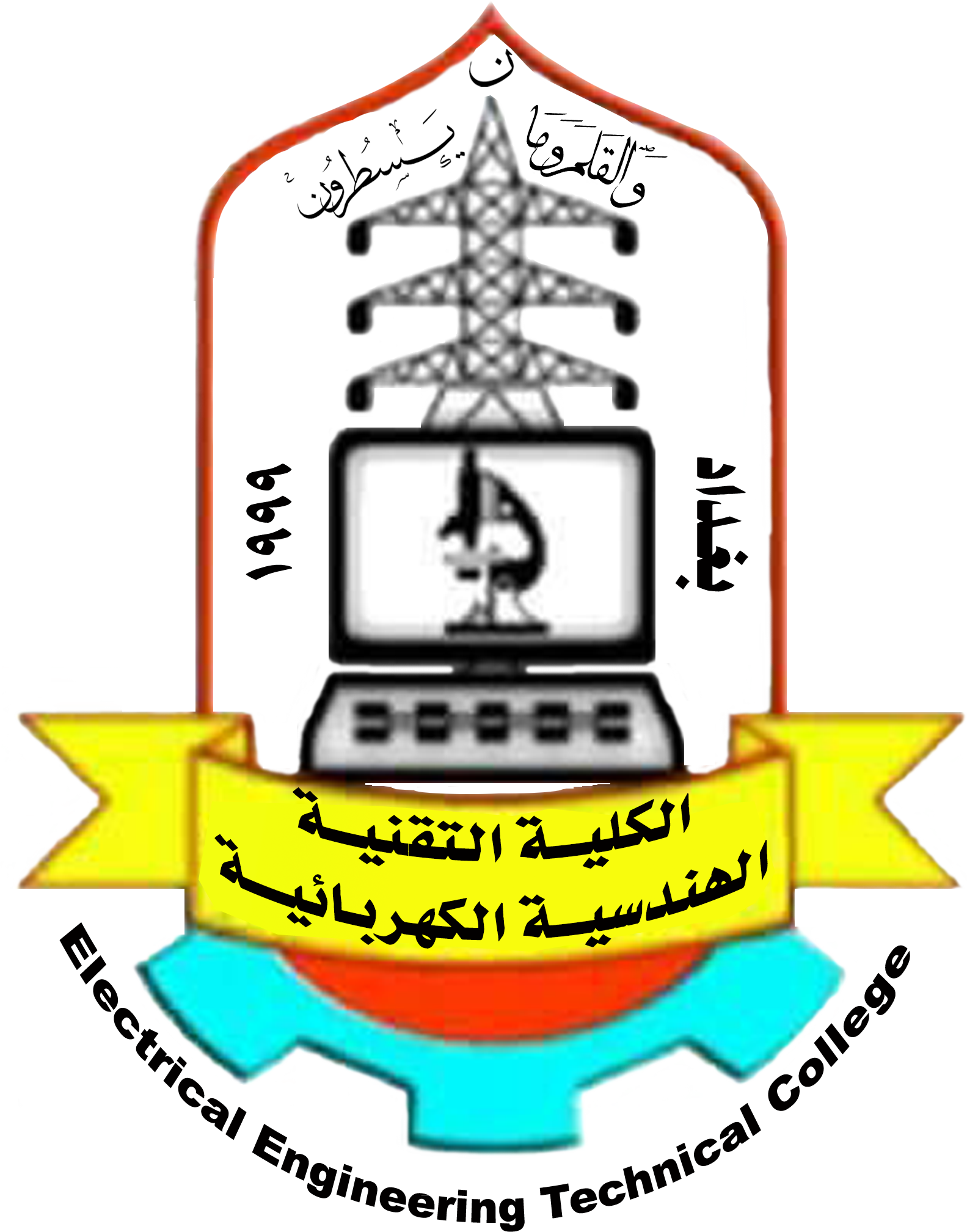Reviewer Guidelines
Reviewer Guidelines
Introduction
The Electrical Engineering Technical Journal (EETJ) relies on the expertise of reviewers to maintain the quality and integrity of the research it publishes. As a reviewer, you play a critical role in ensuring the journal’s scientific rigor, relevance, and ethical standards. This document outlines the expectations, responsibilities, and procedures for reviewers.
Reviewer Responsibilities
- Confidentiality
- All manuscripts and supplementary materials shared for review are confidential.
- Do not discuss the manuscript or its content with anyone without explicit permission from the editor.
- Avoid using any unpublished information from the manuscript for personal gain.
- Objectivity and Impartiality
- Provide an objective assessment of the manuscript based on its quality, originality, and relevance.
- Avoid biases related to nationality, gender, seniority, or institutional affiliation of the authors.
- Declare any conflicts of interest that might affect your impartiality.
- Constructive Feedback
- Provide clear and constructive comments to help authors improve their work.
- Avoid personal or derogatory remarks.
- Suggest ways to resolve major issues while respecting the authors' ideas and approaches.
- Timeliness
- Adhere to the review deadline. If you cannot complete the review on time, inform the editor as early as possible.
- If you feel unqualified to review the manuscript, notify the editor promptly.
- Ethical Considerations
- Alert the editor if you suspect ethical issues, such as plagiarism, data fabrication, or ethical violations in research involving humans or animals.
- Notify the editor if you identify significant overlaps with previously published work.
Review Process
- Initial Invitation
- You will receive an email invitation to review a manuscript.
- Review the title and abstract to determine if the manuscript aligns with your expertise and availability.
- Accept or decline the invitation promptly.
- Manuscript Evaluation
When reviewing the manuscript, focus on the following:
2.1 Originality
- Does the manuscript present novel findings or insights?
- Does it contribute significantly to the field of electrical engineering?
2.2 Relevance
- Is the manuscript aligned with the scope and objectives of EETJ?
- Are the research questions significant and relevant to the audience?
2.3 Methodology
- Are the research methods appropriate and adequately described?
- Are the experimental or computational techniques valid and reproducible?
- Has the study adhered to ethical standards?
2.4 Results and Discussion
- Are the results clearly presented and well-organized?
- Are the data and analyses robust and reliable?
- Does the discussion appropriately interpret the findings and compare them with prior research?
2.5 Clarity and Presentation
- Is the manuscript well-written, clear, and logically organized?
- Are the figures, tables, and references relevant and appropriately used?
- Are there grammatical or typographical errors that need correction?
- Writing the Review Report
- Use a respectful and professional tone.
- Start with a brief summary of the manuscript’s strengths and weaknesses.
- Address major and minor issues separately.
3.1 Major Issues
- Highlight critical problems that must be addressed before publication.
- Examples: flawed methodology, insufficient data, ethical concerns.
3.2 Minor Issues
- Note smaller issues that do not significantly impact the study’s validity.
- Examples: unclear sentences, formatting errors, minor inconsistencies in data presentation.
- Provide specific suggestions for improvement.
- Recommendation
At the end of your review, provide one of the following recommendations:
- Accept: The manuscript is ready for publication with minimal or no revisions.
- Minor Revisions: The manuscript requires minor changes before it can be accepted.
- Major Revisions: Substantial revisions are necessary, and the manuscript should be re-evaluated.
- Reject: The manuscript is not suitable for publication in its current form.
Explain your recommendation clearly to help the editor make an informed decision.
Ethical Guidelines for Reviewers
- Conflicts of Interest
- Avoid reviewing manuscripts if you have a personal or professional relationship with the authors that could bias your judgment.
- Examples of conflicts include:
- Collaborations with the authors in the past three years.
- Financial interests in the research outcomes.
- Supervisory or mentor relationships with the authors.
- Misconduct and Plagiarism
- Notify the editor immediately if you suspect:
- Plagiarism or duplicate publication.
- Fabrication or falsification of data.
- Ethical Standards in Research
- Ensure that research involving humans or animals adheres to ethical guidelines.
- Look for evidence of institutional review board (IRB) approval or equivalent ethical oversight.
Benefits of Reviewing
- Professional Recognition: Your contribution as a reviewer enhances your professional profile.
- Networking Opportunities: Engage with leading researchers and editors in your field.
- Skill Development: Reviewing helps improve your critical thinking and research skills.
Tools and Resources
- Plagiarism Detection
- EETJ uses specialized software to detect plagiarism. If you suspect plagiarism, highlight the relevant sections and provide details in your report.
- Language Support
- If the manuscript requires extensive language editing, suggest professional editing services to the authors.
- Additional Resources
- Visit the EETJ website for guidelines, ethical policies, and reviewer resources.
Frequently Asked Questions
- How much time do I have to review a manuscript?
- Typically, reviewers are given 2 to 3 weeks. If you need an extension, contact the editor.
- What if I discover a conflict of interest after accepting the review invitation?
- Notify the editor immediately and recuse yourself from the review process.
- Can I involve a colleague in the review process?
- No. If you feel unqualified, notify the editor to suggest alternate reviewers.
- How will my feedback be used?
- Your comments and recommendations will guide the editor’s decision and help authors improve their work.
Contact Information
For further assistance, please contact:
Editorial Office Electrical Engineering Technical Journal (EETJ)
Middle Technical University
Email: eetj@mtu.edu.iq
Website: https://eetj.mtu.edu.iq/eetj/index.php/home/ContactUs
Thank you for your invaluable contribution to the Electrical Engineering Technical Journal. Your efforts ensure the publication of high-quality research that advances the field of electrical engineering.







